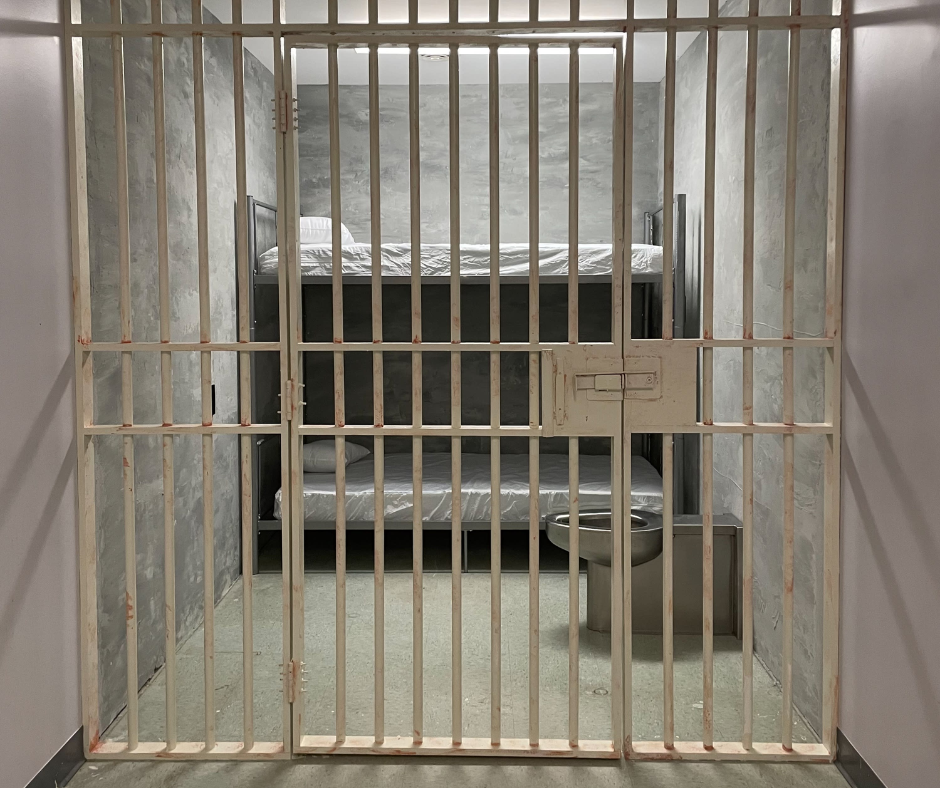Facing felony charges in Georgia can be a daunting experience and carries significant legal consequences. It is crucial for you to have a clear understanding of the potential punishments you may face, as well as your rights, throughout the legal process. This blog aims to provide valuable information regarding felony punishments, including important considerations for building a strong defense. By being well-informed, you can better navigate the legal system and protect your rights.
What are felony punishments in Georgia?
There are several types of felonies, both violent and non-violent. Some common non-violent felonies include, but are not limited to:
- Theft
- Forgery
- Identity Theft
- Embezzlement
- Fraud
- Drug Possession and Distribution
In addition, some common non-violent felonies include, but are not limited to:
- Murder
- Aggravated Assault
- Robbery
- Burglary
- Rape
- Kidnapping
For violent felonies, the punishments can be more severe. However, the punishments for both violent and non-violent felonies vary depending on several factors, including the specific felony offense, the severity of the crime, the person’s criminal history, and other circumstances surrounding the case. Here are some of the different types of punishments for felonies in Georgia:
- Incarceration: Felony convictions can result in imprisonment. The length of the sentence depends on the type of felony and can range from a few years to life imprisonment.
- Death Penalty: The death penalty is the most severe felony punishment reserved for the most severe crimes, such as murder.
- Fines: Felony offenses can carry substantial fines, which are imposed in addition to any term of imprisonment. The fine amount depends on the severity of the offense and other relevant factors.
- Probation: In some cases, a court may sentence a person to probation instead of or in addition to incarceration. Probation typically involves supervision by a probation officer, following certain conditions (such as regular check-ins and drug testing), and avoiding additional criminal activity.
- Restitution: A court may order a convicted person to pay restitution to the victim(s) to compensate for financial losses resulting from the offense.This can include expenses related to medical bills, property damage, or stolen property.
- Community Service: As part of the sentence, a court may require the convicted individual to perform a specified number of hours of community service. Community service typically involves providing unpaid labor for community-based projects.
- Mandatory Counseling or Treatment Programs: Depending on the nature of the offense, a court may order a person to attend counseling or treatment programs. These programs may address substance abuse, anger management, or drug rehabilitation.
- Loss of Civil Rights: Many felony convictions result in the loss of certain civil rights, such as the right to vote, possess firearms, or hold public office.

Important considerations for building a defense
When facing felony charges in Georgia, it is crucial to mount a strong defense. Some key considerations for your defense may include:
- Legal Representation: Seek the assistance of an experienced criminal defense attorney who can guide you through the legal process and protect your rights at every stage.
- Evidence Examination: Your criminal defense attorney will thoroughly review the evidence against you to identify any weaknesses or violations of your rights, which can be used to build your defense.
- Plea Bargaining: Depending on the circumstances of your case, your criminal defense attorney may negotiate with the prosecution for a plea agreement, which can lead to reduced charges or lesser penalties.
- Trial Strategy: If your case goes to trial, your attorney will develop a strategic defense strategy, including challenging the prosecution’s evidence, presenting witnesses, and cross-examining the prosecution’s witnesses.
Why you need a lawyer for a felony offense
Being aware of the potential felony punishments in Georgia is crucial because it helps you understand the seriousness of your charges and the potential consequences you may face. By seeking the guidance of a skilled criminal defense attorney and developing a strong defense, you can work towards a favorable outcome. Remember, each case is unique, and consulting with an attorney is essential to ensure your rights are protected, and your defense is tailored to your specific circumstances.
Have questions? Give me a call.
Navigating the criminal legal system can be confusing. I have decades of experience fighting for clients at all stages of their cases. I know the players in the Georgia criminal court, and I am here to help you throughout the life of your case. If you need a criminal defense attorney or have legal questions, give me a call today!

